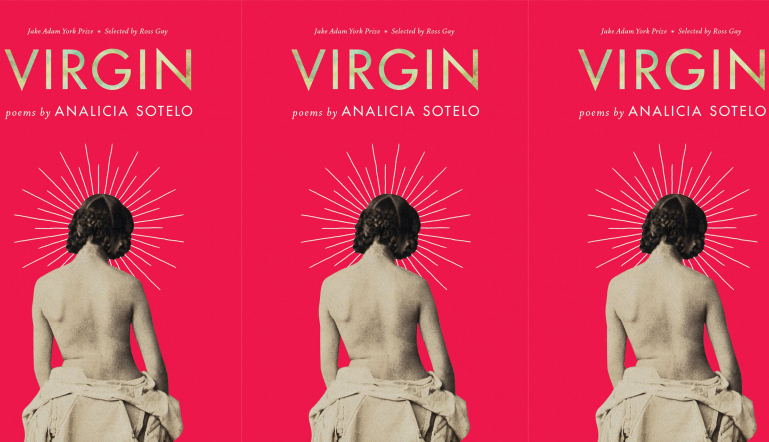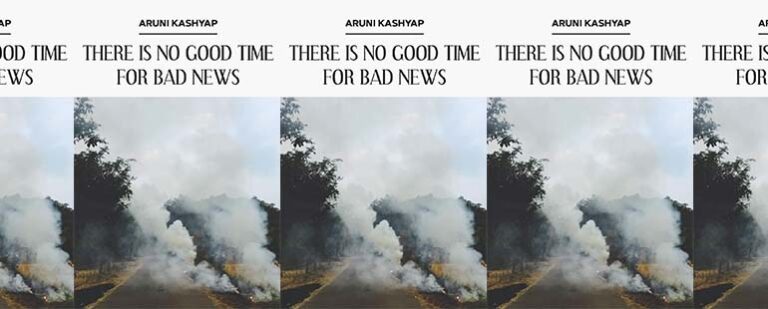Monique Wittig’s Language Beyond Gender

Les Guérillères by French author Monique Wittig is a queer little book—queer in all senses of the term. It imagines a world where women literally rule, and where they are instructed in the art of war (its title is the feminine form of the word for “warrior” in French); the book describes the mores, rites, and myths of a community composed only of women. Men are an asterisk, an afterthought, or an outside threat quickly dispelled in combat. The main pronoun used is elles, the feminine form of “they”—in a language where the masculine form is considered neutral, foregrounding the action through a feminine pronoun, regardless of whether it includes men or not, constitutes an act of defiance, a small rebellion toward an established order that purposefully placed the masculine as the superior and neutral grammatical form in order to embed patriarchal dominance within the language itself.
Les Guérillères has no set genre; it oscillates between novel, feminist utopia, epic poetry, and speculative historical chronicle. Deeply intertextual, it weaves within a story a prodigious amount of quotes from thinkers spanning centuries. Speech is both traceable back to its source as well as disembodied and integrated into a new story, a new discourse. The motif of the circle structures the book, materializing both the frustrating aporia of trying to retrace a historical lineage of women and coming up short (oblivion and erasure curtailing memorial work) as well as the cyclical nature of history, against the linear and progressive time of male heroes and politicians. It lists women’s names as an homage to those women in Antiquity who left no trace of their lives save on memorial stones, and thus prompts us to ask: Who gets to be remembered and to leave more than a trace on friable rock?
Wittig (1935-2003) was an author, theorist, and activist. Her engagement in literature and politics was rooted in feminism and lesbianism: all her books, whether novels or theory, interrogate how we approach history and explore feminist utopias. She co-founded the two landmark groups in French feminist history—Mouvement de Libération des Femmes (Women’s Liberation Movement) in 1970 and Les Gouines Rouges (Red Dykes) in 1971—and spent most of her later life in the United States, teaching notably from Berkeley to Vassar. Her belonging to dual feminist movements helped position her as one of the crucial thinkers of her time. For many, Les Guérillères, published in 1969, represents a revolutionary and still controversial text that spurred new directions in French feminisms.
One of her most famous and radical ideas, posited in the wake of de Beauvoir’s statement that one is not born a woman but becomes one, was that lesbians are not women since “woman” is the product of a heteropatriarchal society. Wittig’s analysis of gender neither included nor consciously excluded trans identities; what’s interesting, though, is that it remains relevant and usable even today, precisely because it avoided TERF pitfalls about prescribing who may access womanhood or not. She opened up paths for thinking about alternate radical feminisms that would not be predicated on the exclusion of a whole group of women and that could combine a materialist analysis of oppression and a queer reflection on gender, sexuality, and identity.
Wittig’s books constantly tackle this intersection of gender, sexuality, and language, never hesitating to delve into experimentation. Her first novel, L’Opoponax, is a non-stop monologue about childhood; one of her later works is a book she wrote with her partner, Sande Zeig: Lesbian Peoples: Material for a Dictionary. Some have written that her avant-garde writing makes her too abstract—read too French, too inscrutable, or maybe just too weird and extreme in her refusal of a male-controlled world and imagination—and it seems fitting to point out that many of her detractors never seemed to shake off a subtext of patronizing sexism in their reviews. But reading Wittig as abstract (and using abstract as a means of being subtly anti-feminist) is misreading her: her whole point is to restore the body within the text.
Feminist theory has long argued that the takeover of alleged male-dominated “rationality” in sciences and the humanities positioned men as rational beings living in the domain of the mind, as opposed to women, those emotive creatures who were tethered to the vagaries of their bodies. Any history of witchcraft will point out how, in the early days of the modern medicine profession, doctors (all male) had no actual experience of how the body worked, whereas women healers possessed an intimate and empirical knowledge of the human body.
By paying particular attention to how language is spoken and used, Wittig refutes the idea that language is abstract, with no incidence on how we live out our lives and envision our communities. She enmeshes world and word together, and reflects on how we talk, write, and think about bodies—women’s bodies in particular. The body, and by extension the material world, is no longer either an object of shame or something to be dismissed because of its transience and mutability; it also is not to be made into a receptacle of consumerist fantasies. For Wittig, the body is the means to reclaim power and access being on one’s terms. This must be experimental because it implies straying from dominant modes of representation and dominant narratives about the body. Through her literature, Wittig thus gives us her particular roadmap for venturing out into uncharted territories of gender and sexuality, not for us to follow it to the letter but to create our own alphabets and dictionaries.


